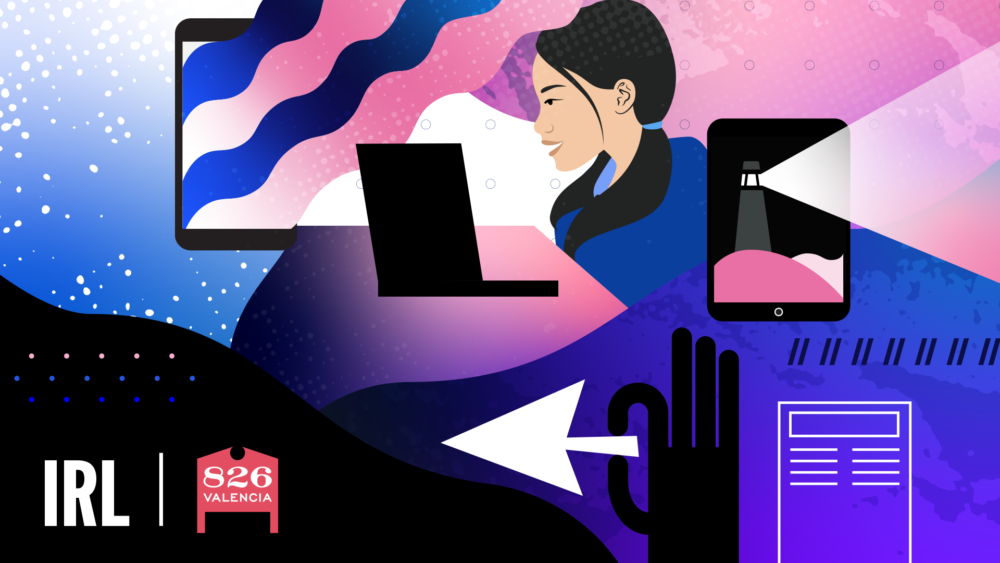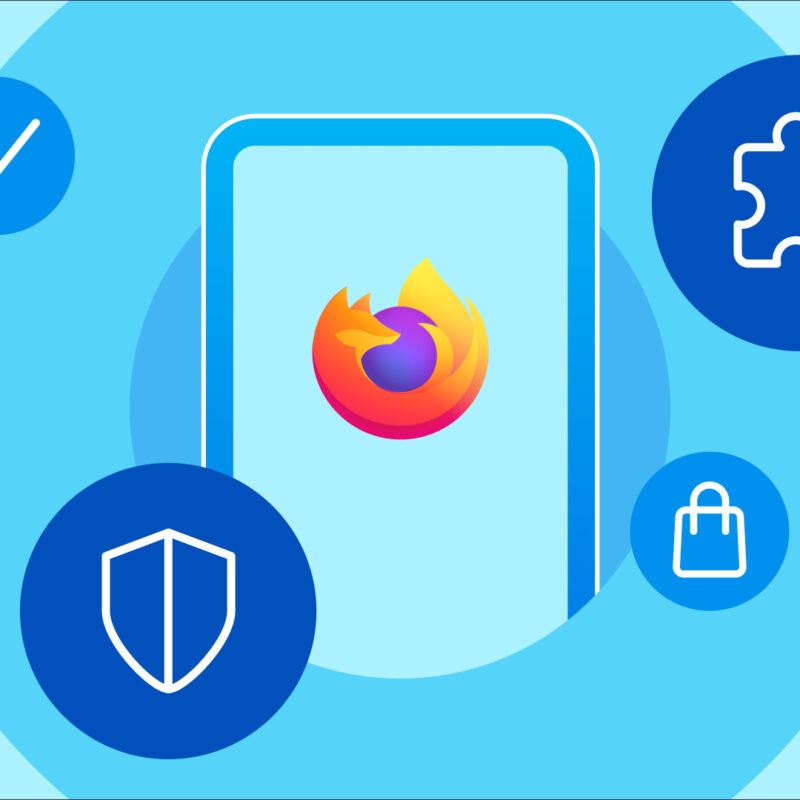Imagine browsing the internet with good intentions. All of a sudden, a post about something inappropriate appears, and now, since you’ve seen it, you can’t get it out of your head. Isn’t that unfair to you? Whatever you saw can ruin your day.
Also, since it’s on the internet, it could have ruined thousands of people’s days as well. Varieties of ages browse the internet. Can you envision being such a young age and seeing disturbing content? The fact that you see unwanted, inappropriate content is not healthy for you. I strongly believe that content should be moderated.
To start off, children can be shown disturbing things in the world and it can often mess up their view of the world. “Users routinely upload (or attempt to upload) content such as child pornography, gratuitous violence, and disturbing, hate-filled messages,” says an article called “The Human Cost of Online Content Moderation” published in 2018 on JOLT Digest, Harvard’s digital Journal of Law & Technology.
The way that they describe the content that people constantly keep uploading doesn’t sound like it’s educating anyone with good information. Also, children will be taught those things and end up having a different view of the world. They will have a different, negative mindset after seeing it. In conclusion, children will be misled into the bad things in our society.
In addition, I can see why many others might think that online moderation shouldn’t take place. Online moderation can be too limited, and companies wouldn’t know what to restrict. For example, topics like racism, prejudice, and discrimination can be restricted even though children should be educated by them.
Even though this is the case, kids shouldn’t learn these topics on the internet. The internet can often deceive children into the content of those topics. They should learn them in a safe environment, like school or home.
To wrap up, I strongly believe that online moderation should take place on the internet. Restricting certain content can improve the purpose of the internet in the first place. If we all strive to continue to restrict ourselves from seeing that content, then we’re already helping, starting with us. In conclusion, being able to not see the bad things on the internet will improve the quality of the internet.
By Nicole M., De Marillac Academy
826 Valencia and IRL
During Season 4 of Mozilla’s IRL podcast, we are proud to partner with 826 Valencia, a nonprofit organization dedicated to supporting under-resourced students with their writing skills. Students from San Francisco’s De Marillac Academy are contributing their thoughts on each podcast episode to demonstrate how the web impacts them. You can learn more about 826 Valencia here.
Listen to IRL
Our online life is real life. We walk, talk, work, LOL and even love on the Internet – but we don’t always treat it like real life. In the IRL podcast, host Manoush Zomorodi explores this disconnect with stories from the wilds of the Web, and gets to the bottom of online issues that affect us all. Whether it’s privacy breaches, closed platforms, hacking, fake news, or cyber bullying, we the people have the power to change the course of the Internet, keeping it ethical, safe, weird, and wonderful for everyone. IRL is an original podcast from Mozilla, the maker of Firefox and always fighting for you.



